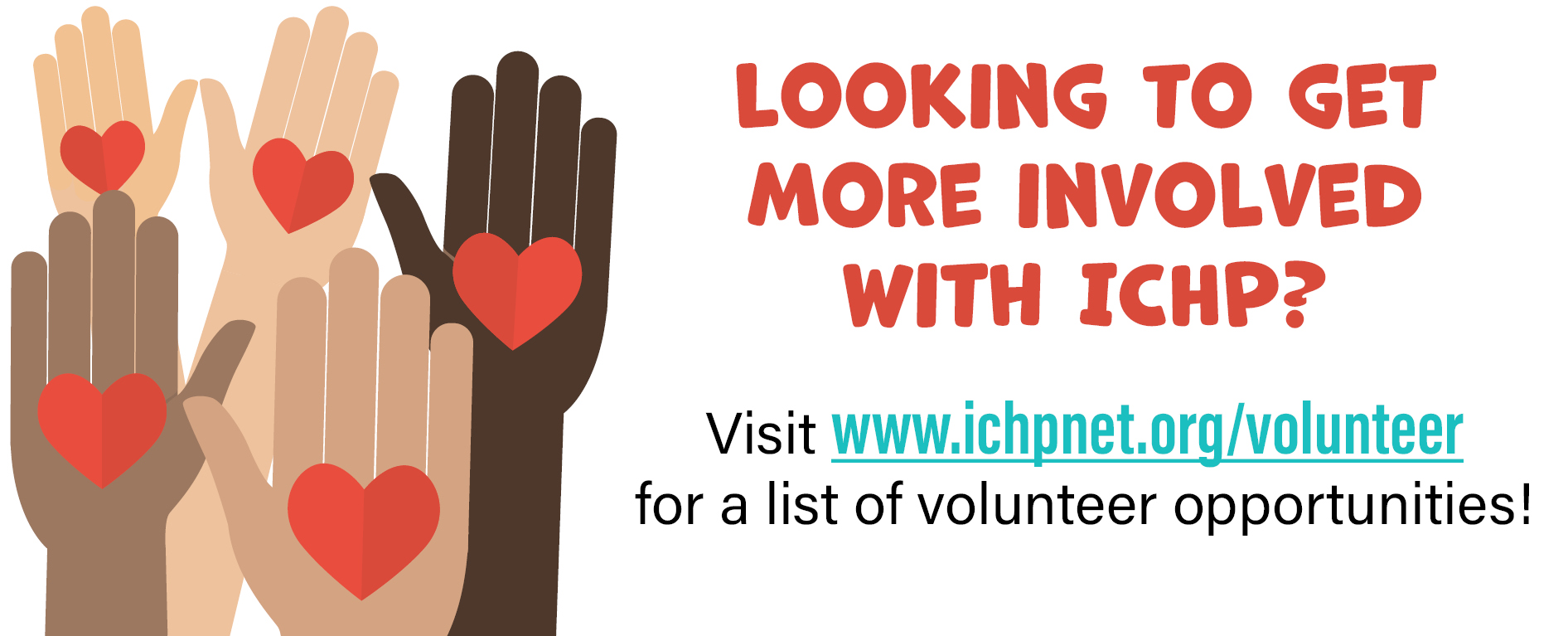
PHARMACEUTICAL CARE
The Illinois Council of Health-System Pharmacists (ICHP) promotes the practice of Patient-Centered Pharmaceutical Care.
Pharmaceutical care is the responsible provision of medication therapy for the purpose of achieving definite outcomes that improve a patient's quality of life. It involves processes through which a pharmacist collaborates with a patient and other health professionals in designing, implementing and monitoring a therapeutic plan that will produce specific patient outcomes. These outcomes are 1) cure of disease, 2) elimination or reduction of a patient’s symptoms, 3) arresting or slowing of a disease process, 4) prevention of a disease or symptom.
Patient-Centered Care as part of the patient - pharmacist relationship focuses all aspects of Pharmaceutical Care on the patient. This may include but is not limited to the following goals:
- Encourage patients to share in decision-making
- Enable patients to direct their care
- Make the patient’s perspective a priority in policy and planning
- Adopt the Institute of Medicine’s (IOM) simple rules for healthcare1
- Train healthcare professionals to support patients
- Promote joint contracting between patients and care-providers for care and prevention in diabetes
- Provide healthy living skills education
- Anticipate late life care needs
Adapted from Patient-Centered Care 2015, Institute for Alternative Futures for the Picker Institute; 2004
ICHP recognizes that Patient-Centered Care practiced in conjunction with Pharmaceutical Care should be provided in any health care system and/or model. ICHP encourages pharmacists in all practice settings to implement Pharmaceutical and Patient-Centered Care to the best of their abilities.
Approved 08/2010 Replaces Pharmaceutical Care Replaced by Patient-Centered Care
1 Institute of Medicine’s Simple Rules for the 21st Century Health Care System, “Crossing the Quality Chasm” report.
The rules are: Care is based on continuous healing relationships. Care is customized according to patient needs and
values. The patient is the source of control. Knowledge is shared and information flows freely. Decision making is
evidence-based. Safety is a system property. Transparency is necessary. Needs are anticipated. Waste is
continuously decreased. Cooperation among clinicians is a priority.
